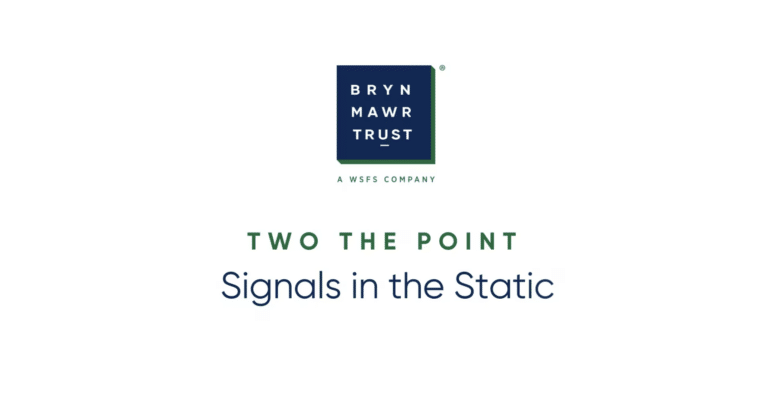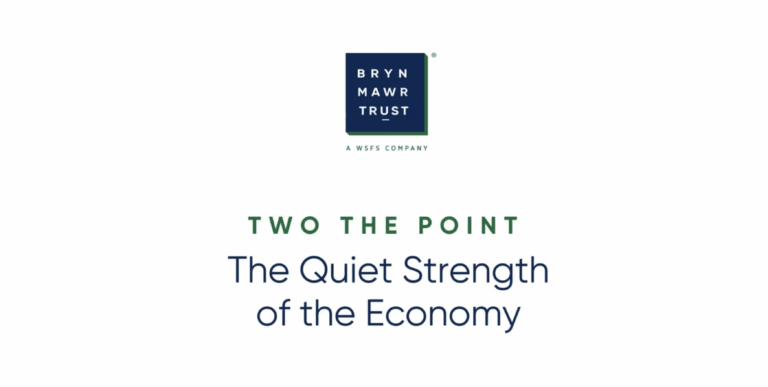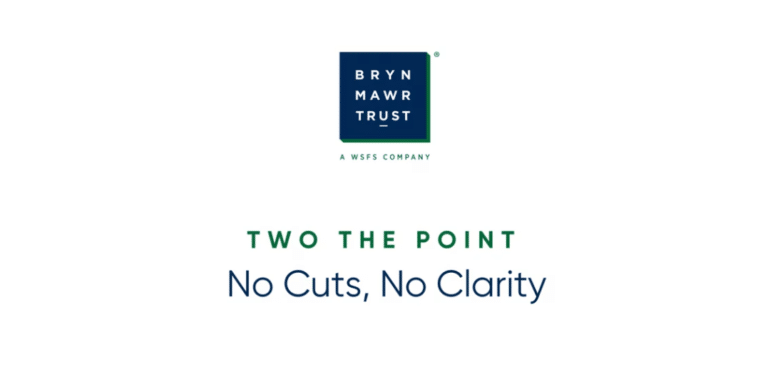Insights & Events
At Bryn Mawr Trust, we provide regular updates on financial markets, economic outlook, and wealth planning through various resources.
Upcoming Webinar
Making Your Money Last:
A Guide to Retirement Income Planning

Wednesday, July 16, 2025
12 p.m. to 1 p.m. EST
Join us for a webinar on building a retirement income strategy with clarity and confidence.








